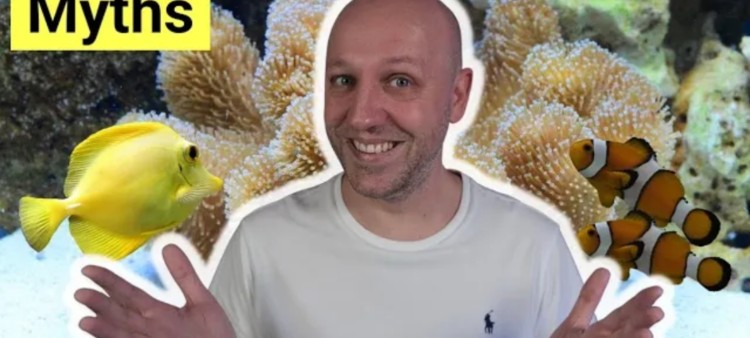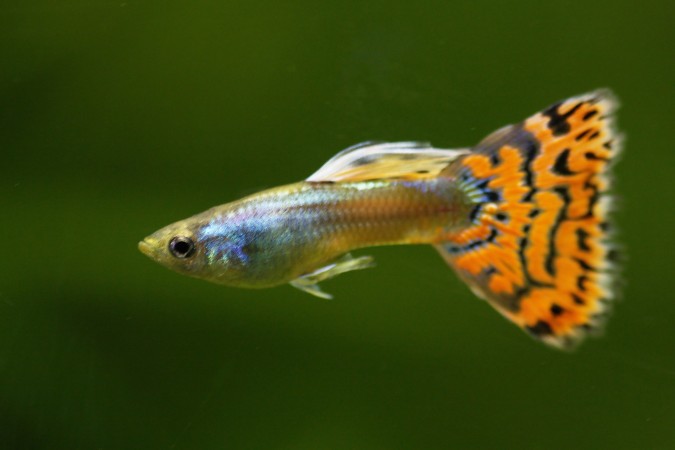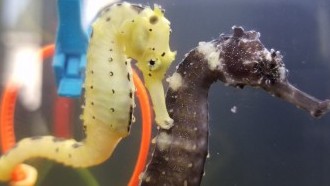6 Saltwater Aquarium Myths You Still Believe
- Jan 15, 2023
- Anshika Mishra
- 277 0 0

If you are thinking of starting a saltwater aquarium, there has never been one to do so because of the wealth of information available to demystify the hobby. But some myths persist mainly because they are based on an element of truth. So here are the six most common myths about saltwater aquariums.
Saltwater tanks are much more complex than freshwater
There is an element of truth to this. However, it is probably more complicated than keeping a few neon tetras if you want a full-blown reef tank filled with the most delicate corals.
But a full-blown reef tank is not the saltwater equivalent of keeping Guppies and Tetras. The pinnacle of freshwater is planted tanks that can take just as much skill, time, and dedication as a full-blown reef tank, and some freshwater fishes like Discus are just as challenging as you'll find in the salty sides.
If you want to keep a few hardy saltwater fish or coral, it's not much more complex than a simple freshwater tank. Of course, you will need to do some research and maintenance, but understanding a few essential basics will get you 90% of the salt water. And the best statement that saltwater is much more complicated than freshwater is an oversimplification of the proper position.
Freshwater as a stepping stone
It won't hurt to do so, and keeping chops will help you discover if you enjoy the reality of keeping fish, 90% of which is scrapping algae and doing water changes. But except for the Nitrogen cycle, there are very few cross-overs between fresh and saltwater.
Understanding the fundamental issues is no more brutal in a reef tank; it's just different. You'll start from scratch when you go salty, regardless of whether you have freshwater experience.
So if graduating on your saltwater is your goal from the start, you'll learn a lot from getting stuck than you will by practicing your badminton serve before giving tennis a try.
Saltwater Aquarium Science
If you deliver an advanced video on reef keeping, it can sound overwhelming. But when it comes to growing corals, you don't need to know your alkalinity from your elbow.
All you need to know is that alkalinity comes in a bottle, and you need to add a little more as your corals deplete the levels in your tank, which you can establish by carrying out a 60-second alkalinity test.
What no3 and po4 are really for?
While it is true that high phosphate levels can lead to algae problems, which are only a tiny part of the story, it's not the nutrient that keeps the algae away, but many vegetarian algae-eating inverts and fish and filtrations.
Getting a rough balance of nutrient levels is essential, but it's outdated to see nitrates and phosphate as tools for algae control. The only thing that concerns me about nitrate and phosphate is when the levels drop to zero.
Skimmers aren't essential.
Skimmers are a fantastic filter as they remove CO2, which oxygenates your water and releases grubby fish food. But you can benefit from cheaper alternatives like filter sponges, power heads, and weekly water changes.
Saltwater is expensive
Spending more money on fancy equipment won't make you more successful than buying the right budget equipment. And the corals will appreciate a cheat T5 light just as much, if not more than a 500-pound LED light with online control.
You do not need to set up a 5-figure saltwater tank.






About author